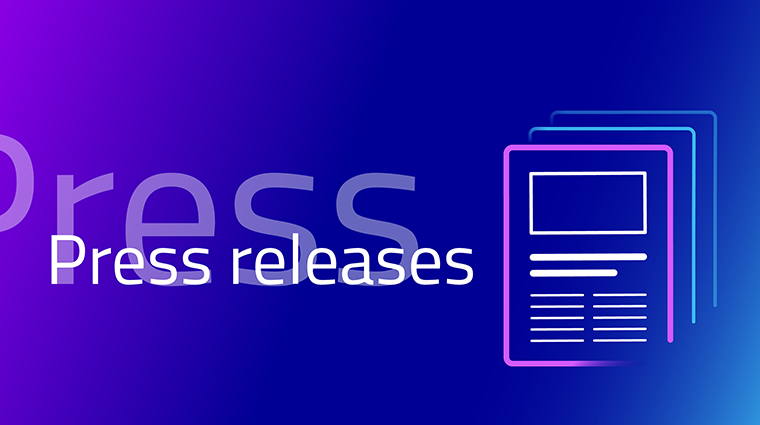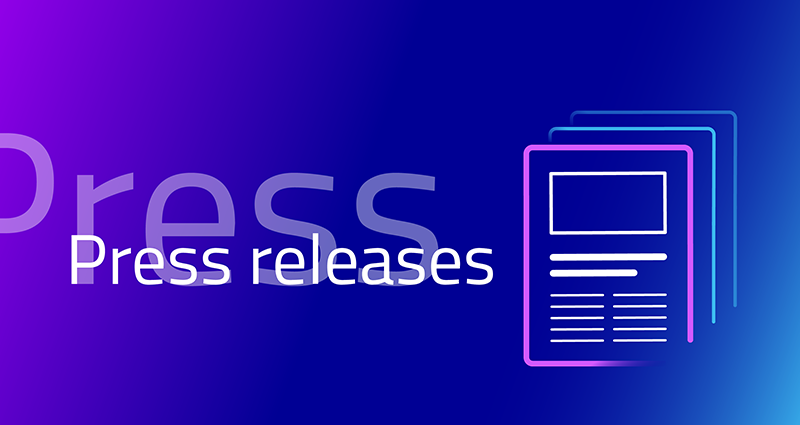
Projects are underway in Federation Services, Manufacturing, Agriculture, Automotive, etc.
31 January 2022 – Brussels, Belgium: Gaia-X, a project championing data sovereignty, has been at the forefront of digital transformation in Europe and globally through its industrial lighthouse projects. These projects aim to create a data exchange platform built on transparency, trust, and openness, targeting multiple industries such as Agriculture, Mobility and Manufacturing, to name only a few.
“Gaia-X shares a common vision with all its partners of providing a collaborative, sustainable data exchange platform to corporates – from small and medium-sized enterprises to large companies. These projects will help us bring all stakeholders into one coherent data space and enable them to share data within the framework of trust and openness. According to a BoD decision, Gaia-X has assigned 13 criteria based on which to select the lighthouse projects.” said Francesco Bonfiglio, CEO of Gaia-X. “Lighthouse projects are a great way of keeping the momentum going, and each project is an early adopter of the Gaia-X technology following a feedback loop between the committees and them. The Data Space Business Alliance presents a joint approach towards data spaces and the necessary technologies to realise the idea behind DSBA, helping to leverage Gaia-X’s use cases to build a comprehensive pipeline of future lighthouse projects,” – he highlighted.
The Gaia-X European Association for Data and Cloud AISBL collaborates with the partners through joint project teams in a joint Program to work on ongoing lighthouse projects. The user group is adapting the Gaia-X framework, including technical specifications, labels, and open-source software implementation. Companies with a background as providers will soon follow suit.
The Gaia-X Federation Services (GXFS) project is an external Gaia-X technology framework project that is fully aligned with the Gaia-X OSS development projects. The GXFS is already in the implementation phase, with the first partner companies developing open-source software code based on the technical specifications. Interested parties can follow the code development on Gitlab. The development phase will run until April 2022 and the Quality Assurance phase with the contractors will conclude in June. The Gaia-X Federation Services are the foundation of trust, interoperability, and autonomy within the future Gaia-X Federations. Linking existing data and infrastructure ecosystems is the primary goal of GXFS, resulting in a federated and overall interoperable ecosystem enabling participants to confidently use data and services across sector-specific data spaces. Andreas Weiss, GXFS project lead and Head of Digital Business Models at eco, says: “We are excited to see the Gaia-X lighthouse projects take shape and look forward to exchanging experiences on how to make the Federations work in practice.”
The Catena-X Automotive Network is one of the first industrial lighthouse projects of Gaia-X. It aims to create a secure and standardised data-based ecosystem for businesses ranging from OEMs, 1st Tier and to small & medium enterprises in the entire automotive value-chain. A joint task force with Gaia-X ended in November 2021, resulting in full technical compliance of the proposed Catena-X architecture with Gaia-X principles. “We plan to set up case studies with a significant number of partners in 2022 to prove the value of the network. For each of our 10 Use Cases we plan to set up various case studies with a significant number of companies in 2022 to prove the value of the network to all its participants and scale it from there.” says Oliver Ganser, Chairman of the Board of Directors of the Catena-X Automotive Network.
Structura-X, a lighthouse project for European cloud infrastructure endeavours to enable existing Cloud Service and Infrastructure Providers (CSP) data and infrastructure services to be Gaia-X certifiable. The goal is to create an ecosystem of independent CSPs, orchestrated by a shared layer of federation certification and labelling services based on Distributed Ledger Technology (DLT). The success will be measured through a set of Minimal Viable Products (MVPs), which shall be fully portable and interoperable between different CSPs and certified by Gaia-X or a delegated certification authority. Roland Fadrany, Detecon says, “We are on the forefront of a sovereign European cloud ecosystem by accelerating the adoption of Gaia-X principles on existing cloud and communication infrastructure. This industry-led initiative will make Gaia-X consumable for the market and create tangible business results.”
Moving on, the Mobility Data Space (MDS) project focuses on the future of the mobility sector that involves vehicle manufacturers to ride-share services, public transport operators as well as navigation software companies, research institutes, bike-sharing companies, and many more. One of the project´s key goals is to facilitate Gaia-X compliant data exchange to enable competition around innovative, environmentally sustainable, and user-friendly mobility – on equal and fair terms based on shared European values. The project is scheduled for implementation towards the latter half of 2022. Karl-Heinz Streibich, president of acatech, National Academy of Science and Engineering in Germany, which was commissioned with the project lead, says: “More than 200 stakeholders from all areas of the mobility sector were involved in the conception of the Mobility Data Space. During that period, we received a lot of encouragement, the need for sovereign data exchange is very high. Now in 2022, side by side with our partners we move forward into a phase of growth.”
A critical project in the farming industry is presented by AGDATAHUB, a European operator of consent and data exchange platforms, has joined forces with Gaia-X to create value in agricultural chains by mobilising data intelligence for healthy, traceable, and environmentally friendly food and technical advice tools to farmers. By using Gaia-X’s framework, Agdatahub can create significant synergies and added value for the entire agricultural industry. The project will have EU-wide implementation in 2023 and will cover 10 000 000 farms in direct relationship with their 500 000 partners (upstream and backstream), out of which 80% are SMEs. Sébastien Picardat, AGDATAHUB, says: “Agdatahub is proud of providing solutions within Gaia-X guidelines to empower farmers to take back control of their data and to share value between farmers and their partners on European level.”
Four years ago, the Smart Connected Supplier Network (SCSN) project started. It is an open data ecosystem along the lines of Gaia-X that enables data sharing in a manufacturing environment, resulting in fast, safe, secure, and efficient data exchange within the high-tech supply chain. Brainport Industries is one of the leading partners in this project. As part of the project scope, the team will facilitate new application clusters within SCSN and will scale up SCSN – from a content perspective – towards different industries. Matthijs Punter, SCSN, says: “We need resilient supply networks in which OEMs and suppliers can work together throughout the product lifecycle, from design to manufacturing and use. This leads to a range of data sharing challenges which we hope to meet with Gaia-X. My dream is to build an ecosystem of services on top of a collaborative digital twin of all assets in the supply network.”
Equally important, the European Production Giganet (EuProGigant) is an Austrian-German research project “for calamity avoiding self-orchestration of value chain and learning ecosystems” working on central questions related to the smart and sovereign use of data in manufacturing. Scheduled for the latter half of 2022, the project aims to deliver on machine connection and machine-oriented data processing using Gaia-X compliant edge architecture, thus creating resilience in the value creation ecosystem. Markus Weber, M. Sc., PTW TU Darmstadt says: “The EuProGigant team is very proud to represent a Gaia-X lighthouse project. Currently, our focus is on the transfer of the Gaia-X architecture to our production ecosystem and on the edge and cloud system architecture as important enablers for the Gaia-X component integration. We see it as our mission to share partial steps and experiences on the way to the Gaia-X Go Live, especially with SMEs, and to present them in a simple and clear way. Our goal is to show how we can make production across Europe more sovereign, resilient and sustainable.”
All projects share the common theme of creating a resilient, data-driven, and sustainable ecosystem.
